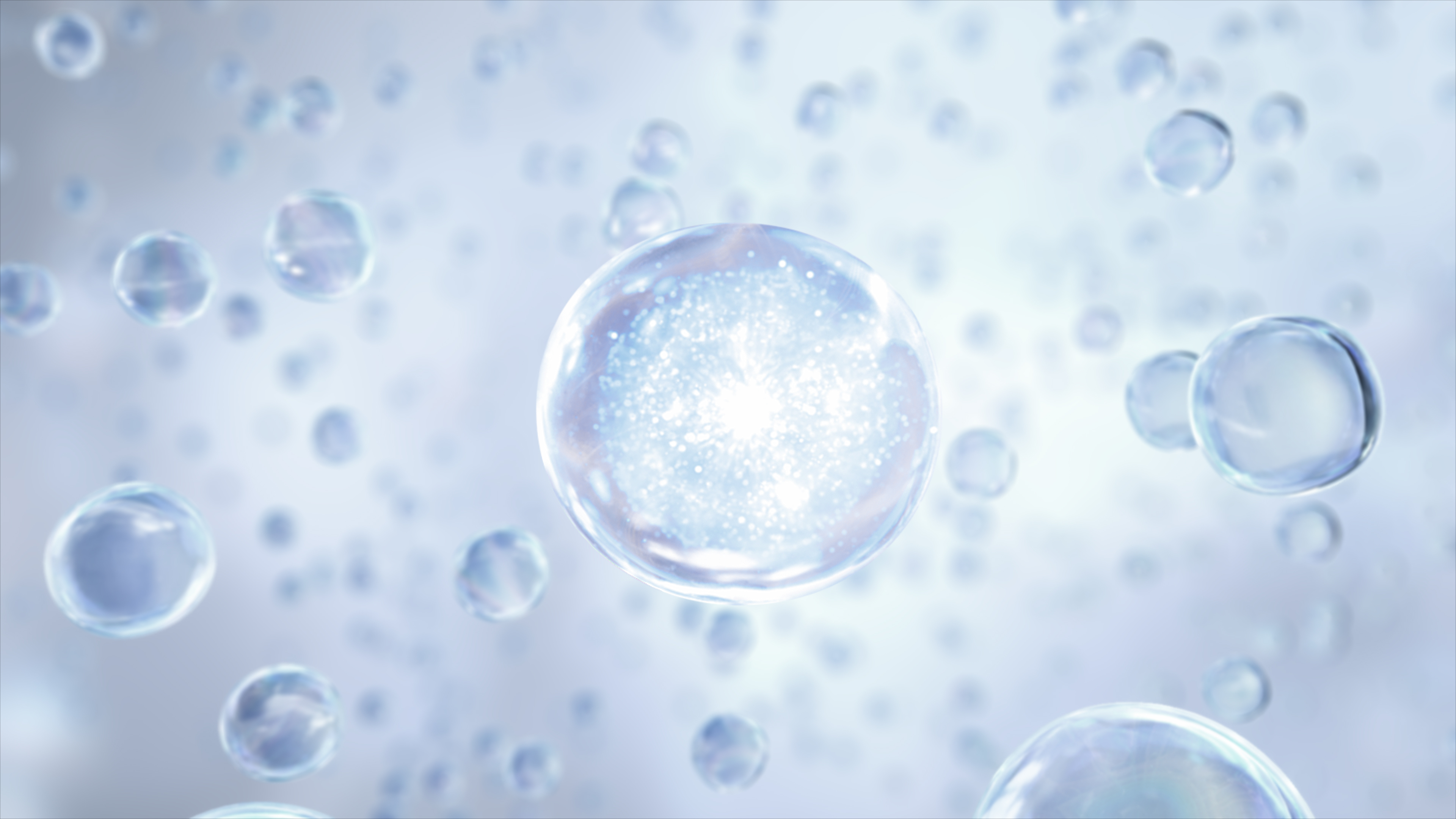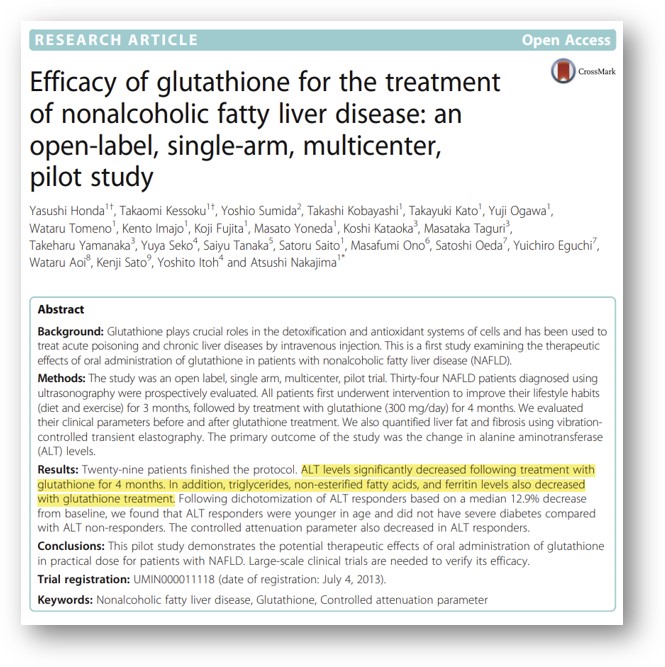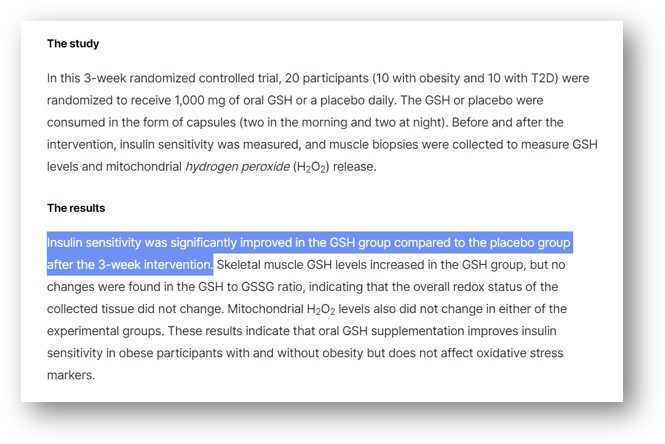
Hello. I'm a pharmacist Jinny.
Glutathione was unfamiliar just a few years ago, but it's become so popular these days. In particular, it is used as the main ingredient of 'white jade injection', and its skin health benefits such as skin whitening and wrinkle improvement are widely known.
There is no doubt that glutathione is good for the skin, but it is a very important antioxidant in the body that is not only good for the skin. Antioxidants are substances that remove free radicals, which are considered to be the main cause of various diseases and aging.
Glutathione plays a key role in the body's antioxidant system, not only by preventing cell damage caused by free radicals, but also by regenerating other antioxidants. For this reason, it is also called the "King of Antioxidants" and the "Master Key of the Antioxidant System."
So today, we're going to take a closer look at what we didn't know about the powerful antioxidant properties of glutathione.
Did you know that glutathione is used as a medicine for the liver? The liver detoxifies various toxins, including drugs and alcohol. Since a large amount of free radicals are generated during the liver's detoxification process, the antioxidant activity of glutathione is very important to protect liver cells from free radicals.
Therefore, glutathione has actually been used in the medical field as a medicine for the treatment of drug and alcohol addiction and acute liver injury. Academics are also focusing on the therapeutic effects of oral glutathione intake on various liver diseases.
In this regard, I would like to introduce the human application test conducted in 2017. In this study, patients with non-alcoholic fatty liver were given 300 mg of glutathione per day for four months. After 4 months, there was a significant decrease in ALT levels, a type of liver value [1].

"After 4 months of treatment with glutathione, my ALT levels decreased significantly. In addition, glutathione treatment reduced triglycerides*, non-esterified fatty acids**, and ferritin levels***."
Diseases such as Alzheimer's and Parkinson's are called "neurodegenerative diseases." Glutathione has also been linked to the development of these conditions.
The brain is basically a tissue that is very susceptible to free radicals. Therefore, a decrease in glutathione levels in the body is considered a risk factor for degeneration of the brain and central nervous system.
In fact, according to a review paper published in the International Journal of Molecular Sciences in 2021, patients with Alzheimer's and Parkinson's disease have depleted glutathione in their brains. In the paper, the researchers presented the following conclusions [2].

"With the development of drug delivery systems, neuronal-specific GSH replacement therapy has promise for future treatment of patients with neurodegenerative diseases."
As mentioned earlier, free radicals not only damage cells throughout the body, including the liver and brain, but also affect signaling pathways in the body. Free radicals also affect insulin receptor signaling pathways, among others, leading to insulin resistance [3]. Insulin resistance is a decrease in the function of insulin and is a hallmark of type 2 diabetes.
Therefore, there have been attempts in the scientific community to improve insulin resistance through oral supplementation of the antioxidant glutathione. We would like to introduce the results of a clinical trial published in 2021 on patients with type 2 diabetes or obesity.
When subjects were given 1000 mg of glutathione daily for 3 weeks, insulin sensitivity was significantly improved in the glutathione group compared to the control group [4].

"After three weeks of intake, insulin sensitivity improved significantly in the glutathione group compared to the placebo group."
Today, we're going to look at the antioxidant properties of glutathione, which is widely known for its skin health benefits. Can you really feel why glutathione is called the king of antioxidants?
In fact, glutathione's role in the body doesn't end there. It's also involved in detoxification, inflammation regulation, and immunity. Once again, glutathione is too important to know as a good ingredient for skin whitening.
Sadly, as we age, the rate at which glutathione is synthesized decreases, as well as its concentration in the body. Therefore, if you are concerned about glutathione depletion due to increasing age, you may want to consider oral supplementation of glutathione.
I'll tell you more about the other role of glutathione that I haven't been able to introduce this time.
So, I hope you have a healthy day in body and mind. It was Jinny.
[1] Honda, Y., Kessoku, T., Sumida, Y., Kobayashi, T., Kato, T., Ogawa, Y., Tomeno, W., Imajo, K., Fujita, K., Yoneda, M., Kataoka, K., Taguri, M., Yamanaka, T., Seko, Y., Tanaka, S., Saito, S., Ono, M., Oeda, S., Eguchi, Y., Aoi, W., … Nakajima, A. (2017). Efficacy of glutathione for the treatment of nonalcoholic fatty liver disease: an open-label, single-arm, multicenter, pilot study. BMC gastroenterology, 17(1), 96.
[2] Aoyama K. (2021). Glutathione in the Brain. International journal of molecular sciences, 22(9), 5010.
[3] Hurrle, S., & Hsu, W. H. (2017). The etiology of oxidative stress in insulin resistance. Biomedical journal, 40(5), 257–262.
[4] Søndergård, S. D., Cintin, I., Kuhlman, A. B., Morville, T. H., Bergmann, M. L., Kjær, L. K., Poulsen, H. E., Giustarini, D., Rossi, R., Dela, F., Helge, J. W., & Larsen, S. (2021). The effects of 3 weeks of oral glutathione supplementation on whole body insulin sensitivity in obese males with and without type 2 diabetes: a randomized trial. Applied physiology, nutrition, and metabolism = Physiologie appliquee, nutrition et metabolisme, 46(9), 1133–1142.


![[Glutathione benefits] is also important for the brain! 3 Benefits of Glutathione, the King of Antioxidants](http://esther-mall.com/cdn/shop/articles/30.jpg?v=1733992645&width=480)

